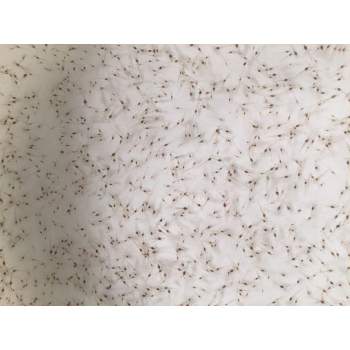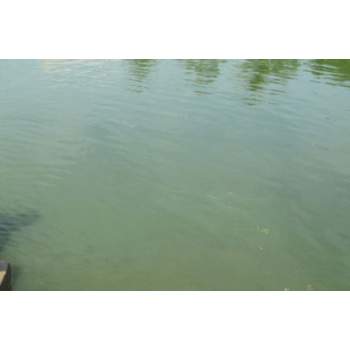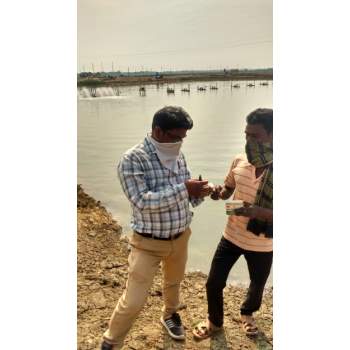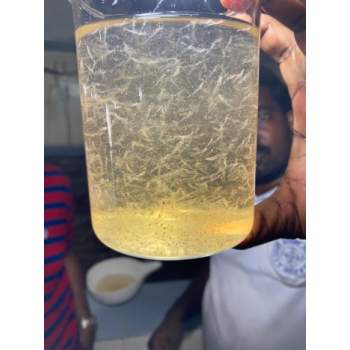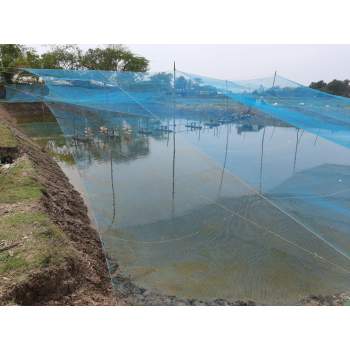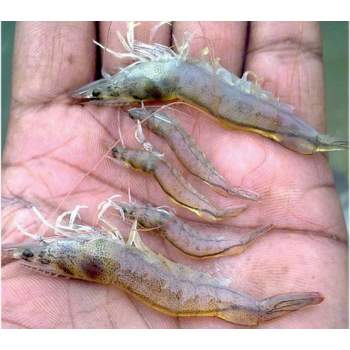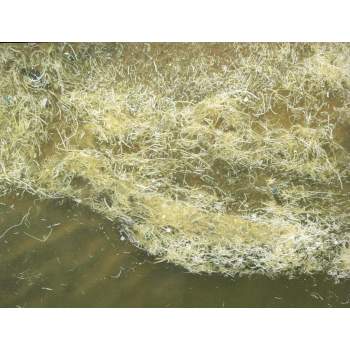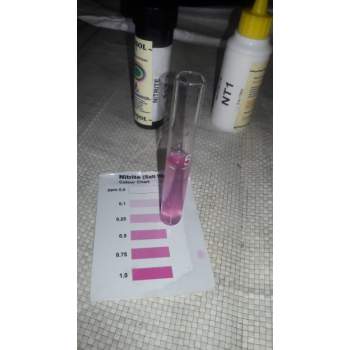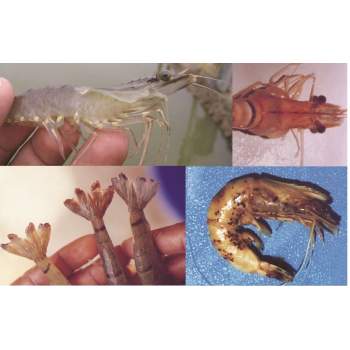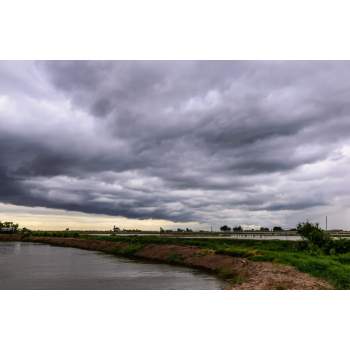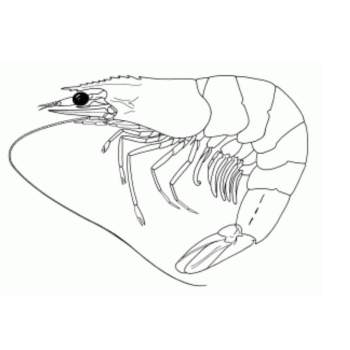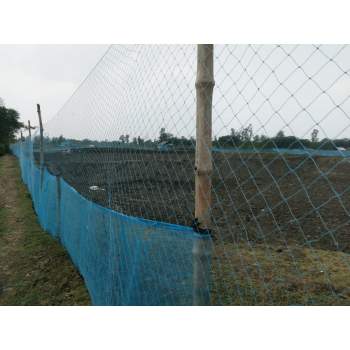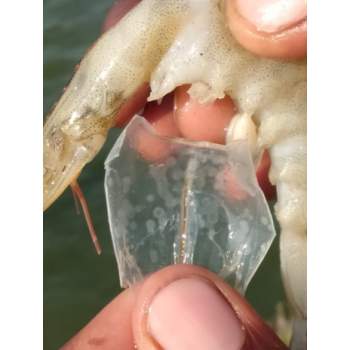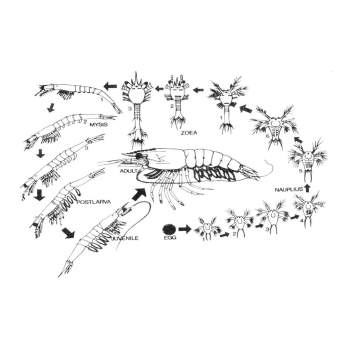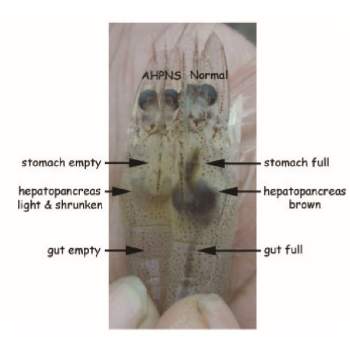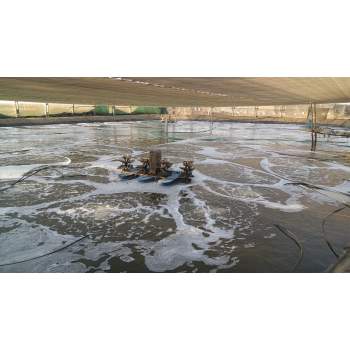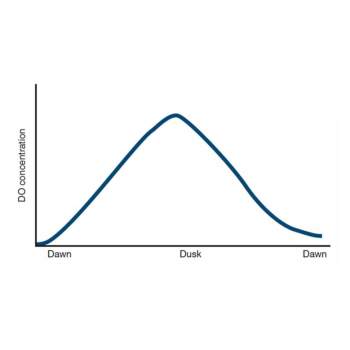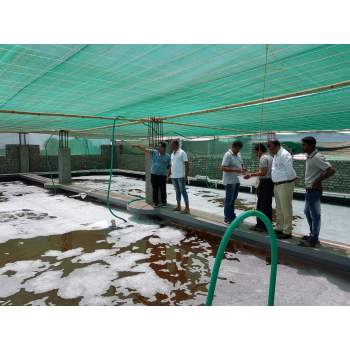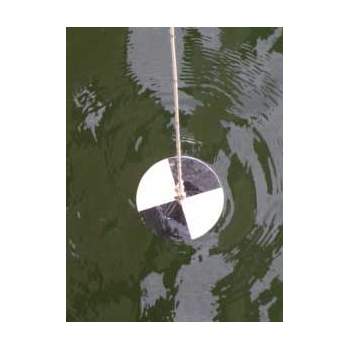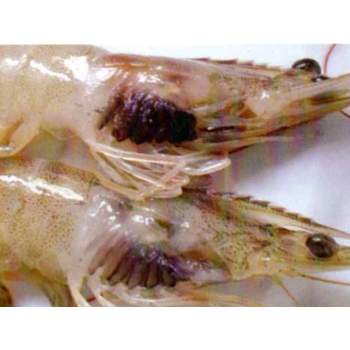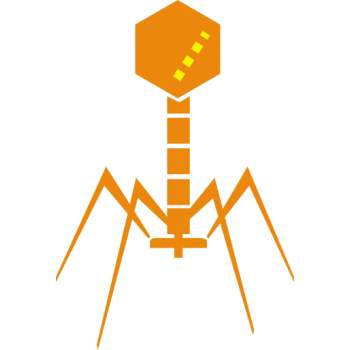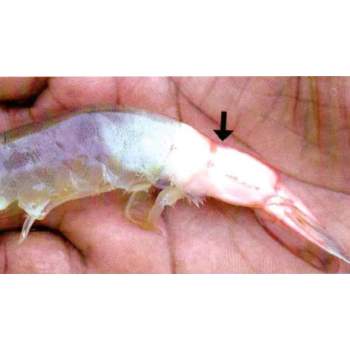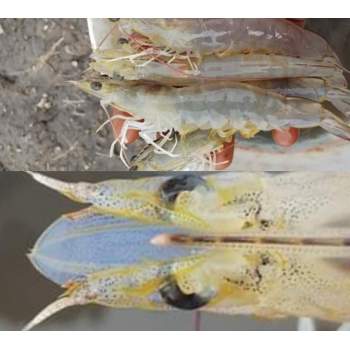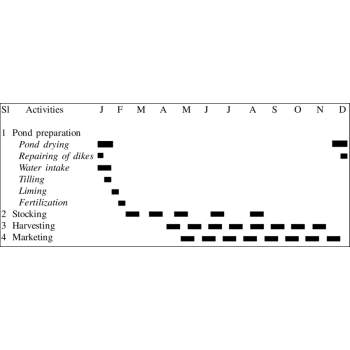Running mortality syndrome (RMS) is named by shrimp farmers for continuous low-level mortalities during the culture period, resulting in low survival and productions. The syndrome is widely prevalent in the vannamei farms since 2011 in Andhra Pradesh and Tamil Nadu. The affected shrimp show patches of whitish musculature in the junctions of 2nd and 4th abdominal segments as a clinical sign with continuous low-level mortalities. This condition results a small percent shrimp mortality in the affected pond on daily basis. As the mortality continues on daily basis till the rest of the culture period, it is called as “Running Mortality Syndrome (RMS)”. Usually the RMS started after 35–40 days of culture (DOC) with low mortalities and as the culture progressed, the mortality rate also increased and the problem becoming acute at around 90 DOC and the farmers were forced to prematurely harvest the crops.
Shrimp from RMS affected ponds tested negative for all the major OIE listed and other pathogens such as White Spot Syndrome Virus (WSSV), Infectious Hypodermal and Hematopoietic Necrosis Virus (IHHNV), Monodon Baculovirus (MBV), Hepatopancreatic Parvo Virus (HPV), Infectious Myonecrosis (IMNV), Taura Syndrome Virus (TSV), Yellow Head Virus (YHV), and Penaeus vannamei Noda Virus (PvNV).
Causes:
Bacteriological examination of haemolymph and hepatopancreas samples of RMS affected shrimp indicated predominance of Vibrio spp., such as Vibrio parahaemolyticus and Vibrio azureus.
Symptoms:
In early stages of this condition, Litopenaeus vannamei, show certain gross symptoms. These include:
Management:
Running Mortality Syndrome is depicted be pond management associated syndrome rather than infectious in nature and thus can be overcome through best management practices.
In the beginning days, farmers managed this disease by regularly removing the dead shrimp from the pond. Reducing the stocking density by partial harvesting reduced the mortality. Reduced feed quantity or suspending feed for few days reduce the mortality.
The culture practices like stocking bigger post larvae, Avoid over stocking, nursery management, Regularly monitor water quality, health of animals, strict feed management and partial harvest will reduce the incidence of RMS.
Treatment:
During the onset of Running Mortality, very few dead pieces were found in the pond, a very much advised of V Phages Growout to control Vibrio sp. in the pond. It helps to drastically reduce the Running Mortality Syndrome. It is always advised to apply Bacteriophages as a preventive strategy to avoid RMS conditions caused by Vibriosis.
